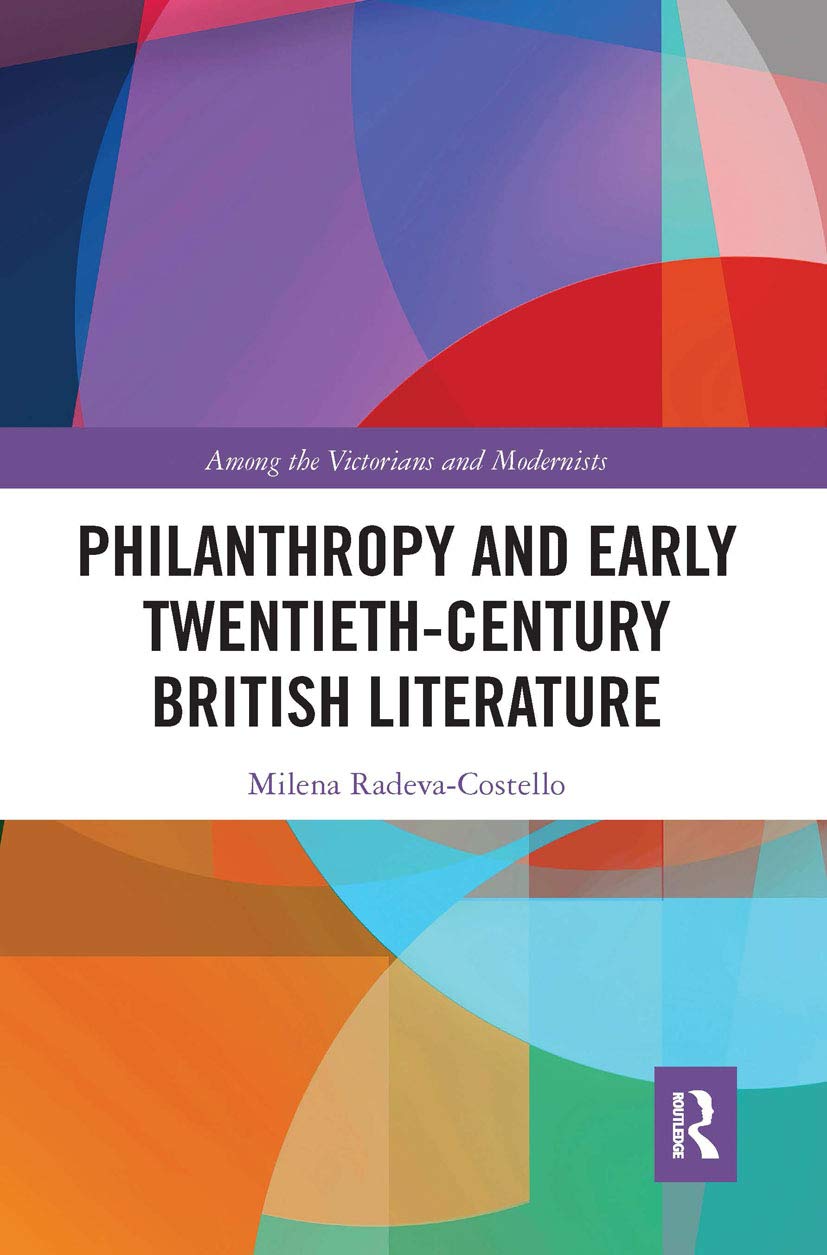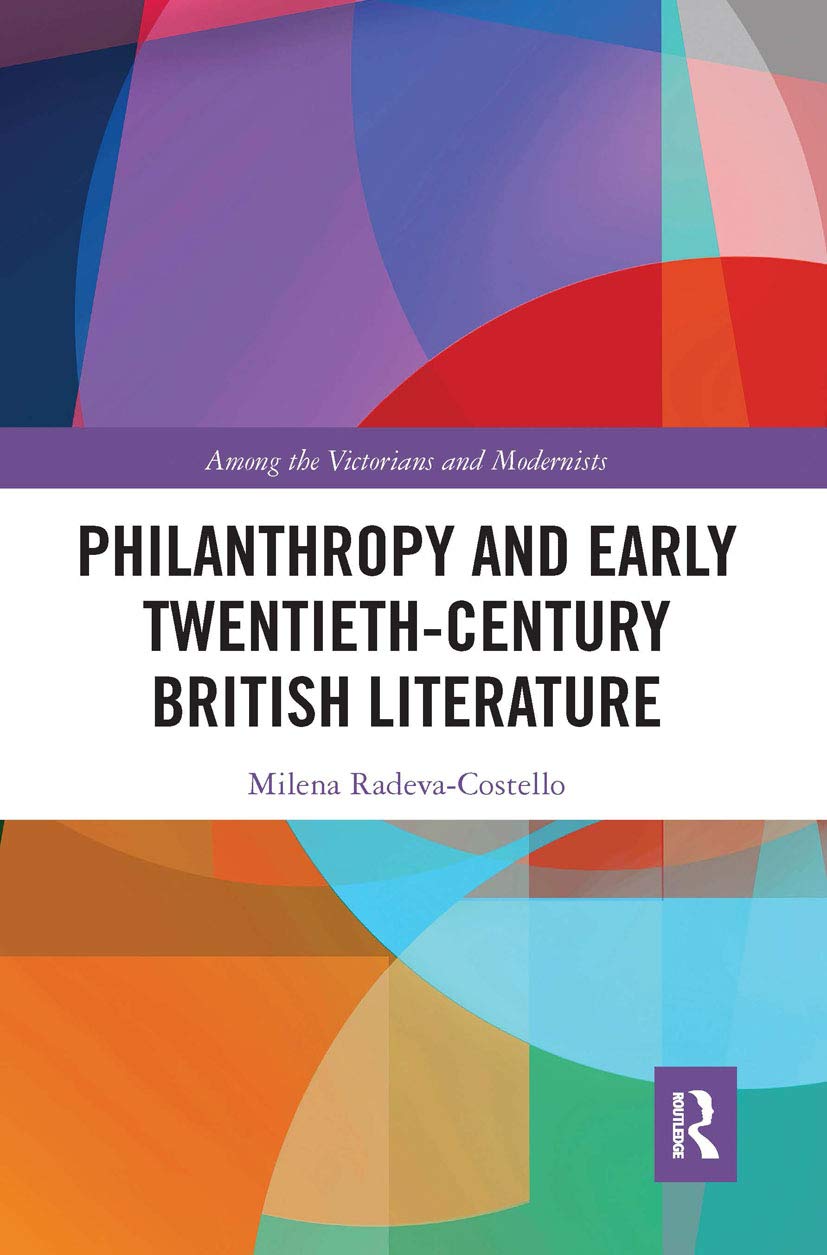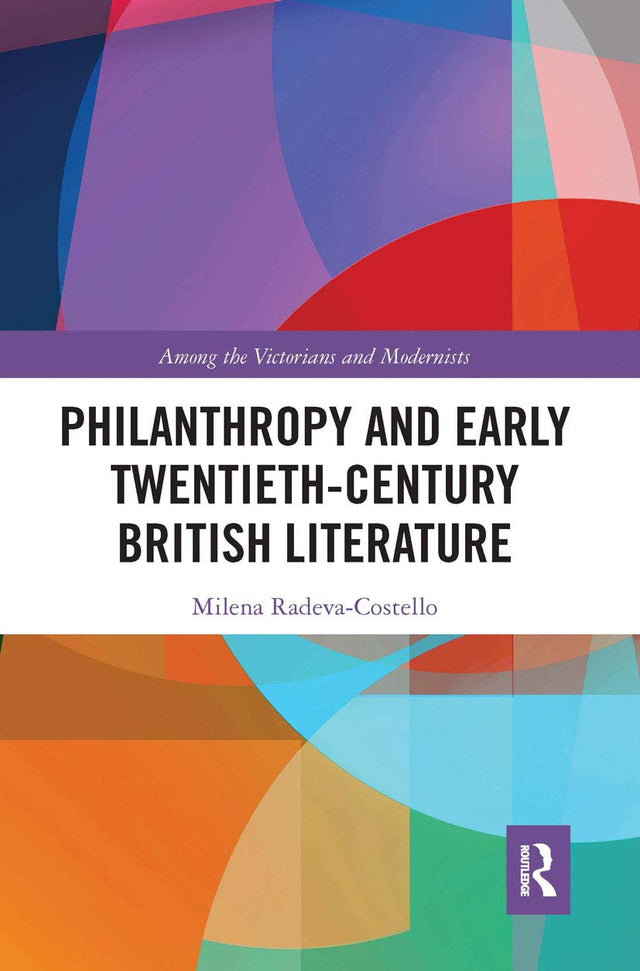Philanthropy and Early Twentieth-Century British Literature (Among the Victorians and Modernists)
Philanthropy and Early Twentieth-Century British Literature (Among the Victorians and Modernists) is backordered and will ship as soon as it is back in stock.
Couldn't load pickup availability
Genuine Products Guarantee
Genuine Products Guarantee
We guarantee 100% genuine products, and if proven otherwise, we will compensate you with 10 times the product's cost.
Delivery and Shipping
Delivery and Shipping
Products are generally ready for dispatch within 1 day and typically reach you in 3 to 5 days.
Book Details:
-
Author: Milena Radeva-Costello
-
Brand: Routledge
-
Edition: 1
-
Binding: Paperback
-
Number of Pages: 202
-
Release Date: 30-09-2020
-
ISBN: 9780367663414
-
Languages: English
About The Book:
"Philanthropy and Early Twentieth-Century British Literature" by Milena Radeva-Costello explores the intersection between British literature and philanthropy during the late Victorian and early modernist periods. The book delves into how philanthropic ideals influenced the works of authors such as E. M. Forster, Rebecca West, W. B. Yeats, Roger Fry, Wyndham Lewis, Virginia Woolf, and Vita Sackville-West, and how these writers contributed to shaping literary aesthetics, social structures, and the modern subject.
Key Features:
-
Philanthropy’s Role in Modernist Literature:
Radeva-Costello argues that modernism was not simply a break from Victorian values but was deeply connected to philanthropic movements. Writers like Forster and Woolf, among others, engaged with charitable and welfare reform efforts, which had a profound influence on their literary production. -
Revolutionizing Aesthetics and Ideals:
The book examines how modernist writers, through their engagement with philanthropy, challenged existing social, economic, and artistic norms. They redefined ideals of hospitality, beneficence, and national liberation, and asserted the artist's role in addressing societal issues. -
Philanthropy and Its Impact on Governance and Gender:
This work explores how philanthropy affected ideas about governance, national, class, and gender boundaries. Modernist writers used their works as platforms to discuss and challenge these ideas, contributing to public debates of their time. -
Sophisticated Engagement with Social Reform:
The book shows how modernist authors had a deep understanding of philanthropy debates and how they used their writing to reflect and engage with contemporary discussions about social reform, welfare, and public service. -
Historical and Archival Approach:
Drawing from archival resources, periodicals, and contemporary publications, Radeva-Costello provides rich historical context for her analysis. This approach adds depth to the understanding of how philanthropy, public service, and social issues were represented in early twentieth-century literature. -
Challenging Common Interpretations of Modernism:
Contrary to the conventional view that modernism was a total departure from Victorian social values, Radeva-Costello argues that modernist literature was deeply engaged with social and economic movements of its time, particularly in relation to philanthropic concerns.
Who Should Read This Book:
-
Students and Scholars of Modernist Literature:
Ideal for those studying the relationship between literature and social reform in the early twentieth century, the book offers a new perspective on well-known authors by analyzing their works through the lens of philanthropy. -
Researchers in Social History and Philanthropy:
The book is also valuable for those in social history, social sciences, and philanthropy, offering a thorough analysis of how philanthropic movements intersected with modernist literary production. -
Readers Interested in British Literature and Gender Studies:
Anyone exploring the role of gender, class, and national identity in British literature will find this book invaluable. It provides insight into how modernist writers addressed these issues within the framework of philanthropy.
"Philanthropy and Early Twentieth-Century British Literature" offers a deep, historical exploration of how philanthropic ideas influenced modernist literature, challenging traditional boundaries between art, politics, and social reform. This essential study is crucial for anyone interested in the connections between literature, social movements, and cultural transformation in the early twentieth century.





